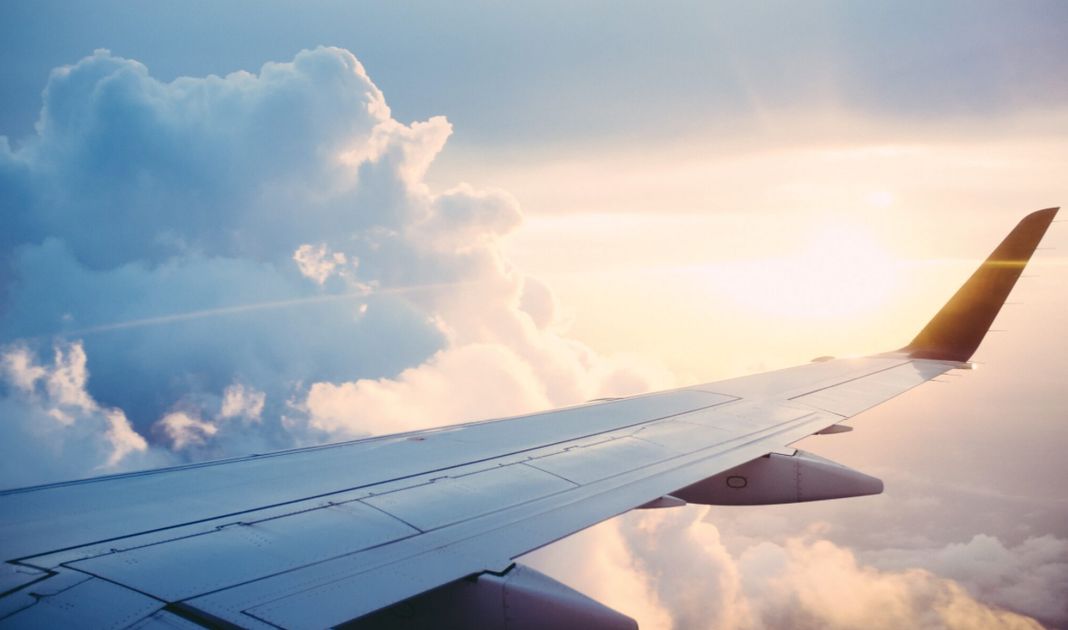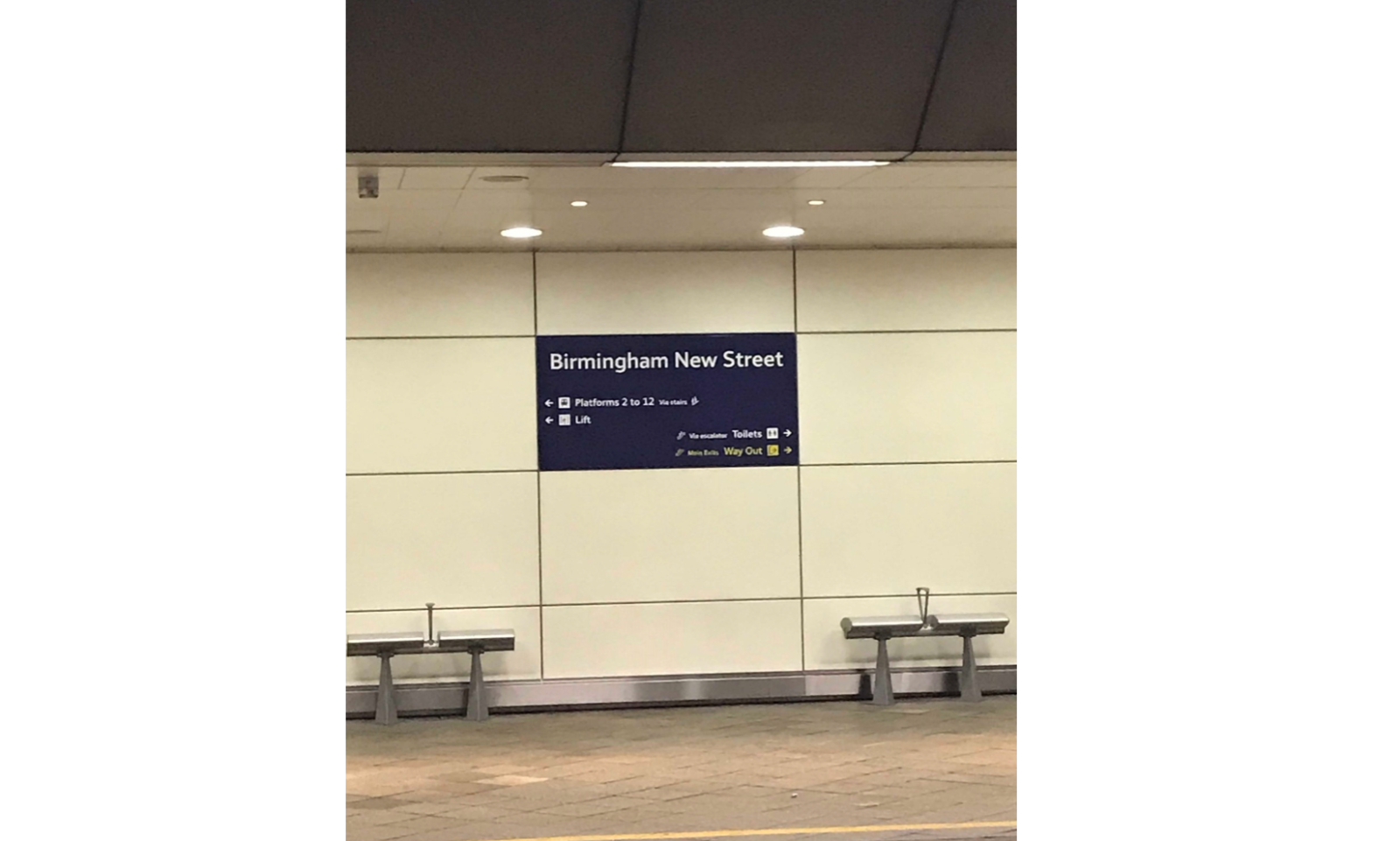Solihull to Vistula. There and back again

(Photo: Pixabay)
In Solihull in the West Midlands, where I was staying, I boarded the train before midnight which runs regularly to nearby Birmingham. From there it was on to London to the airport, napping along the way. I catch a morning flight to the mainland and after only two hours I’m in Warsaw. Shaving, suit on, and I can proceed to the task for which I’d interrupted my holiday. Immediately after having performed it, I get into a taxi, which takes me to Chopin Airport and this time I’m able to take a direct flight to Birmingham, from where it’s only a short journey back to Solihull. I get back just in time for an early breakfast. Actually in just over 24 hours, I’ve turned back and forth, spending the whole working day in Warsaw. During my travels, I’ve had a persistent reflection about the power of connectivity and the way in which it changes a person’s life.
Birmingham train station at night (photo: Jacek Bartosiak)
In the case of a June journey the transport system, communication hubs, infrastructure have allowed me to travel and the means of transport such as car, rail and plane, with the help of the internet facilitating the quick organisation and planning of travel, gave an opportunity to combine pleasure and work in one day, raising the efficiency and quality of life to an amazing level.
Let’s back up to the years of my childhood in the communist Poland. Of course, such a trip was impossible. The iron curtain meant that the United Kingdom might well have been at the other end of the world and getting there seemed to be the trip of a lifetime, connected with great financial and political effort (passports, movement control by the authorities of the PRL and the UK, visas, etc.), organisation and time.
Part of my family, after an unpleasant “adventure in the Soviet Union” and the II Corps commanded by Gen. Anders stayed in Britain after the War, and seemed inaccessible to me, separated by large spaces.
When about thirty years ago, geopolitical obstacles disappeared, it turned out that in our geographically tiny Europe, the United Kingdom is very close – a laughable two or two-and-a-half hour flight. This is how far Tehran, Yalta and Potsdam had served to separate the Old Continent, creating obstacles and blockades for our dreams. After the fall of the Yalta system, the freedom to travel has increased communication options and the range of directions to choose from has revolutionised our lives. With time, travel has become more financially accessible. It is difficult now to imagine that the bliss of unlimited and open connectivity could be interrupted in the future.
The task for which I had to appear in Warsaw that day was also about what would happen if the United States follows the path of confrontation with China and the whole of Eurasia becomes a field of rivalry and competition. Perhaps, just as Europe was once divided by the Berlin Wall, it will regionalise into warring camps. Where will matters of geopolitics shape the face of nations and people lead us in the future? Will connectivity become even more efficient and even more accessible as the technological development of humanity and nature seemingly desires? Or will it be like it was after the fall of the Roman Empire or the First World War, when communication deteriorated, dividing the world with time. Geography would then become “larger” again and in the likeness of 20th century Europe, political walls and divisions would arise across the freeflow of globalisation and the unhampered movement of people.
Americans now seem to seriously be considering the decoupling of the supply chain, technologies and standards of the global economy. This arouses anxiety amongst small and medium-sized Eurasian states for it’s not known where this path will lead us all. Britain was once very far away despite the fact that it has not changed its position.
Also, because the last 30 years have been so wonderful, we actually treat them as a continuous achievement of civilisation. And good, because it’s true. Human plans and beliefs about the irreversibility of positive changes may turn out to be fragile. Maybe this is the appropriate time to lean over one’s own fate in the context of the wider world. Global trends and geopolitics associated with them determine the paths of our lives and what real room for manoeuvre we have in all of this.
Most often in the face of great structural tensions – not so much.
Autor
Jacek Bartosiak
CEO and Founder of Strategy&Future, author of bestselling books.







Trwa ładowanie...